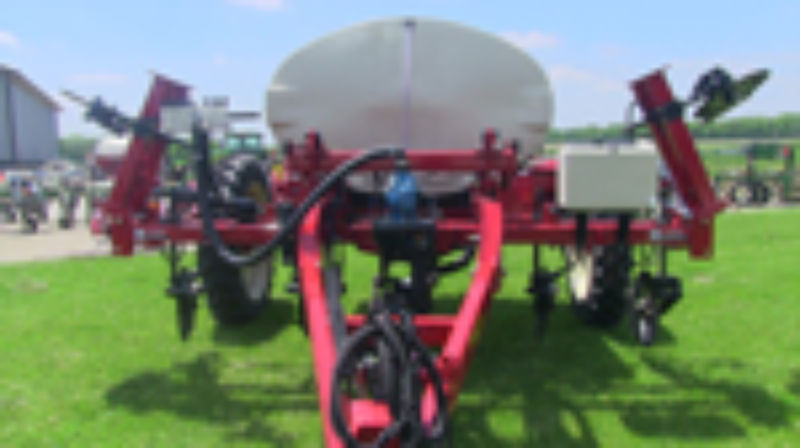One of the most important aspects of success for no-tillers is the accurate maintenance of the planter. Without a planter that is properly equipped, maintained, and adjusted for the specific field conditions; the farmer loses the yield even before the crop emerges from the ground. If a no-till planter is going to do a good job, then the maintenance of that planter should be a top priority. A well-maintained planting machine should aim for the following four goals;
- Even seed depth
- Proper closing of the seed trench
- Good seed-to-soil contact
- Effective weed control
To achieve this, one of the parts of the planter that always must be checked, adjusted, or replaced are the planter closing wheels.
Different types
Those who choose the no-tilling approach are never short on options when it comes to closing wheel choices. However, every different type needs different adjustments and maintenance steps.
Double-spiked
These closing wheels are designed as such that they pinch the bottom of the seed trench and leave the soil above it loose. They also work by crumbling the sidewall and preventing its compaction. To achieve the best results with these, it is recommended to have little down pressure, especially when compared to the old rubber type closing wheels, which close the furrow from the top instead of working it from the bottom. Another important consideration with double spiked closing wheels is the width across the bottom- which should be maintained at between 2¼ to 2½ inches- and the top, which should be as level as possible. Tops that drop down too far end up changing the working of the planter, such that instead of closing the rows, it will actually pry them open.
Purchase
Before buying any type of closing wheel, it is important to release the tailpiece spring pressure and try to move it from side to side. Make sure the center to center distance at the tightest point is just more than the seed depth, especially for corn farmers. Lateral movement of the tailpiece means the closing wheels will not be centered over the seed slot. Do not be afraid to replace or rebuild the tailpiece if you want a strong yield.
Ball and re-greasable versions
The rubber wheels are more absorbent of the pressure when hitting hard ground than the tooth type closing wheels. This is perhaps why the re-greasable varieties are more popular with tooth type wheels, especially considering the intermittent nature of the load.






